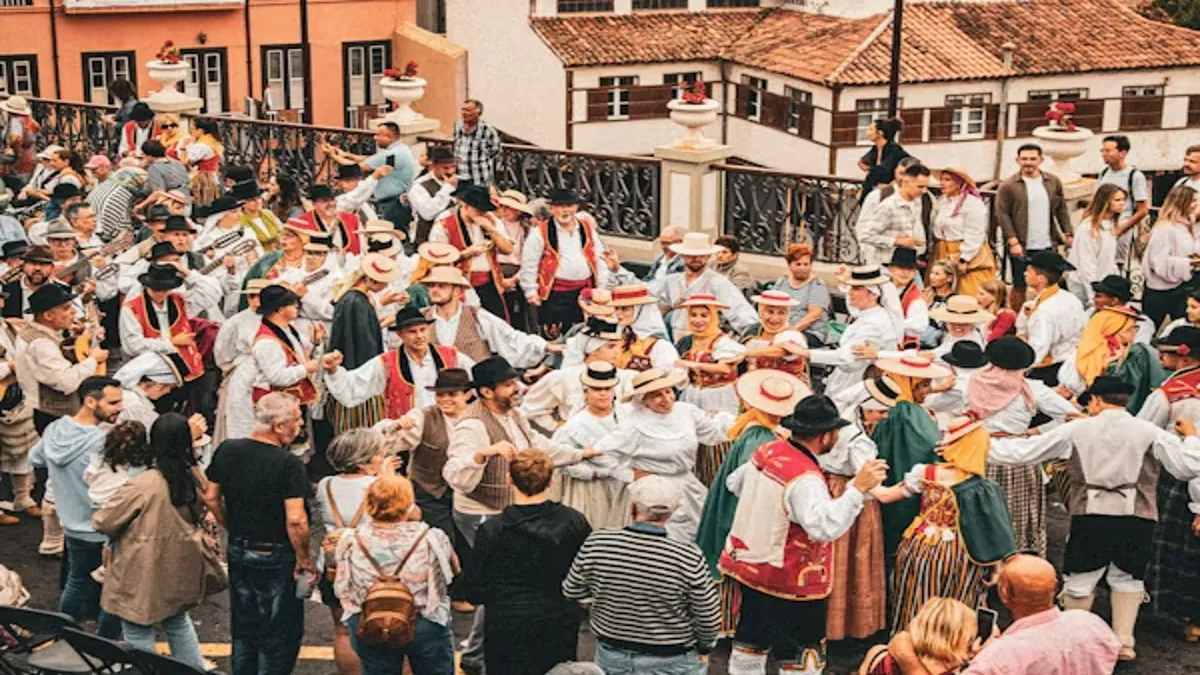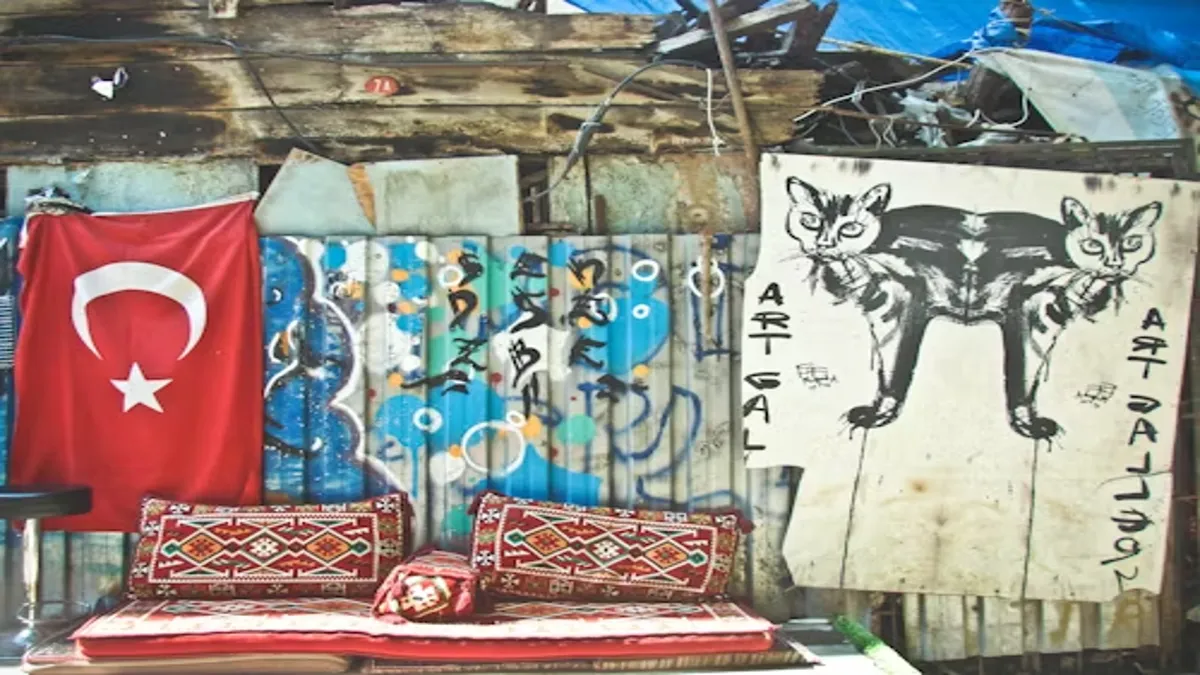Ihlienworth is a name that carries with it layers of historical significance, cultural practices, and modern transformation. When readers search for Ihlienworth, they are often seeking clarity: What is its history, how does it function as a community, and why does it matter in contemporary discussions? The intent behind such a search is to gain knowledge about its cultural identity, social structure, and evolving role in modern life. Within the first hundred words, it becomes clear that Ihlienworth is not merely a geographical marker—it is a living community with roots that extend deep into tradition while branches stretch into modern innovation. Its history, economy, cultural expressions, and daily rhythm all reveal a story of resilience and adaptation. This article provides a detailed, 3000-word exploration of Ihlienworth, written in the informational and narrative style that characterizes in-depth journalism.
Historical Origins of Ihlienworth
Ihlienworth’s origins trace back to early settlements shaped by fertile lands and water resources. Its etymology hints at a connection between natural elements and human habitation. Archaeological findings and local records suggest that farming and fishing formed the backbone of survival, while oral traditions carried collective memory forward. By the Middle Ages, Ihlienworth had become a recognizable settlement, with local governance structures ensuring survival and cooperation. As centuries passed, it weathered conflicts, economic transformations, and environmental shifts. Historians often emphasize that such communities embody Europe’s broader rural narrative—resilience amidst change. As one historian noted, “The soul of a village is written not only in its records but in the memories of its people.”
Cultural Identity and Traditions
Ihlienworth’s culture thrives on continuity and reinvention. Seasonal festivals remain at its heart, celebrating harvests, spring awakenings, and midwinter reflections. Oral storytelling, folk music, and local crafts keep traditions alive. Costumes, cuisine, and rituals are preserved across generations, yet adapted to modern contexts. Families emphasize continuity, often viewing traditions as anchors that hold the community steady. As one elder shared, “Our customs are not relics; they are living practices that evolve with each generation.” Younger residents, while influenced by global culture, often return to traditional events as a way to ground themselves.
The Role of Nature in Ihlienworth
Nature is inseparable from Ihlienworth’s identity. Its landscapes—fields, rivers, and forests—dictate not only livelihoods but also rhythms of daily life. Farmers continue to work fertile soils, while environmental programs encourage conservation. Walking trails, community gardens, and eco-projects form part of collective activities. Climate awareness is strong, with residents acknowledging the importance of sustainability. A farmer once said, “The land has given to us for centuries; it is our duty now to give back.” Nature is both livelihood and heritage, reminding residents of their deep bond with place.
Social Structures and Daily Life
Daily life in Ihlienworth is marked by routine, cooperation, and interconnectedness. Families remain central, and neighbors are more than acquaintances—they are collaborators. Governance relies on both formal councils and informal consensus, blending democratic practices with communal traditions. Education plays a vital role, with schools integrating local history and cultural awareness into curricula. The balance of work, leisure, and family creates a rhythm that outsiders often describe as steady and reassuring. As one resident remarked, “Living here is like being part of a woven fabric—each thread matters, and together we make it whole.”
Economic Development and Transformation
The economy of Ihlienworth reflects a shift from agricultural dependence to diversified opportunities. Farming remains essential but now integrates organic methods and sustainable practices. Small family-run businesses sell local goods, while tourism introduces external income. Recent years have seen technological adaptation, with residents engaging in remote work and digital entrepreneurship. Renewable energy initiatives—particularly wind and solar—have also gained traction. This transformation demonstrates adaptability without abandoning heritage.
Education and Knowledge Transmission
Ihlienworth’s educational approach combines formal schooling with community-based learning. Children attend schools that emphasize both academics and cultural values. Apprenticeships in crafts, farming, and service industries ensure practical knowledge survives. Libraries, workshops, and cultural centers provide ongoing education for adults. Importantly, intergenerational learning thrives, as grandparents pass down traditions while youth introduce digital skills. This dynamic exchange ensures knowledge is both preserved and renewed.
Celebrations and Festivals
Festivals remain central to Ihlienworth’s identity. Events celebrate harvest time, spring blossoms, and winter traditions. Music, dance, food, and costume bring together the entire community. Visitors often describe these festivals as warm and inclusive, where everyone—resident or outsider—is welcomed. The blending of traditional rituals with modern entertainment creates a unique cultural experience.
Ihlienworth in Modern Discourse
Ihlienworth has become a subject of interest beyond its borders. Urban planners look to its governance as a model of community-led development. Environmentalists highlight its sustainable farming and renewable energy projects. Cultural researchers see its festivals and oral traditions as vital examples of living heritage. In this way, Ihlienworth transcends locality, becoming part of global conversations on identity, resilience, and sustainability.
Practical Insights About Ihlienworth
For those seeking concise takeaways, Ihlienworth can be understood through these points:
- History: Rooted in agrarian life, shaped by adaptation
- Culture: Traditions preserved through festivals, crafts, and storytelling
- Economy: Transition from farming to diversified, sustainable activities
- Education: Blend of formal schooling and intergenerational learning
- Nature: Strong focus on environmental stewardship and conservation
Table 1: Core Aspects of Ihlienworth Life
| Aspect | Description |
|---|---|
| History | Settlement shaped by fertile lands, water, and cooperation |
| Culture | Festivals, crafts, oral traditions, evolving practices |
| Nature | Farming, forests, sustainability projects |
| Economy | Agriculture, tourism, renewable energy, small enterprises |
| Education | Schools, apprenticeships, intergenerational exchange |
| Modern Influence | Technology adoption, global discourse |
Quotes that Capture the Spirit of Ihlienworth
- “The soul of a village is written not only in its records but in the memories of its people.”
- “Our customs are not relics; they are living practices that evolve with each generation.”
- “The land has given to us for centuries; it is our duty now to give back.”
- “Living here is like being part of a woven fabric—each thread matters, and together we make it whole.”
Table 2: Traditional vs. Modern Ihlienworth
| Element | Traditional Focus | Modern Adaptation |
|---|---|---|
| Economy | Agriculture, craftsmanship | Tourism, renewable energy, digital work |
| Education | Oral knowledge, apprenticeships | Schools, digital learning, workshops |
| Celebrations | Seasonal rituals, harvest festivals | Blended cultural events with modern flair |
| Governance | Informal councils, family-led structures | Formal governance with participatory models |
| Lifestyle | Strong local bonds, predictable rhythms | Hybrid identity balancing global connections |
Future Outlook of Ihlienworth
The future of Ihlienworth lies in its ability to balance tradition and modernity. Climate change, urban migration, and cultural homogenization present challenges. Yet opportunities abound in renewable energy, cultural tourism, and digital innovation. Residents envision a future where traditions remain alive, but modern tools enhance prosperity. With its resilience, Ihlienworth may well become a model for sustainable, community-centered development.
Conclusion
Ihlienworth is more than a name; it is a living narrative of history, culture, and adaptation. Its agricultural past informs its sustainable present, while its cultural traditions remain strong amidst modernization. Through festivals, education, and economic evolution, Ihlienworth tells a universal story: that communities thrive when they respect their roots while embracing change. Its lessons resonate beyond its borders, offering insights into resilience, cooperation, and identity.















